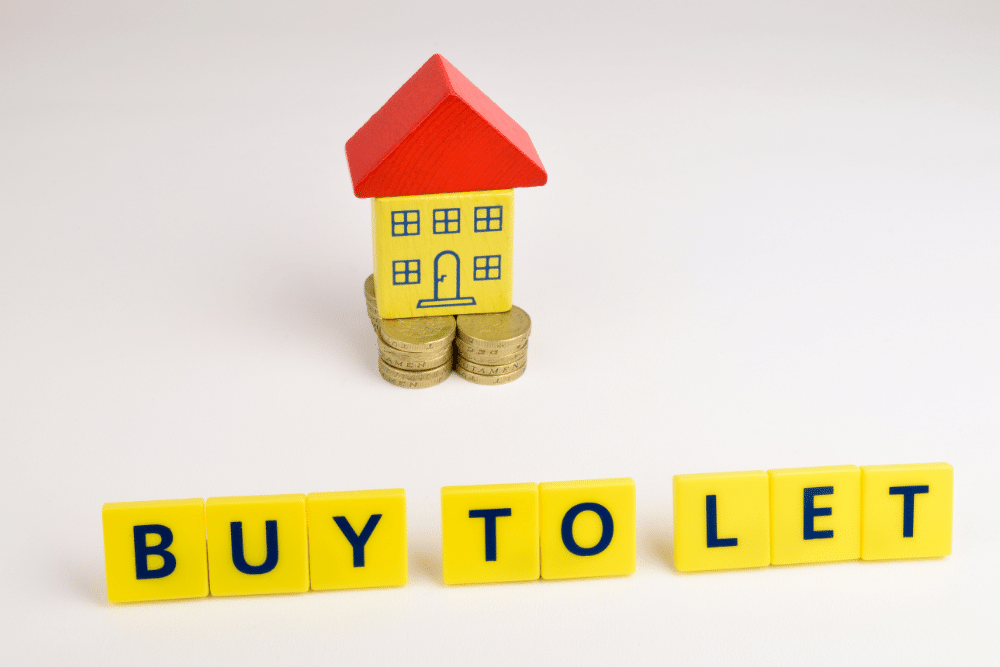A Guide to Buy-to-Let Mortgages
If you’re looking into applying for a mortgage, then you’ve most likely come across the term “buy-to-let”. So we thought it might be a good idea to provide a handy guide that looks at buy-to-let options, and how they differ from residential mortgages.
What’s the difference between buy-to-let and residential mortgages?
The main difference between the two is already in their names: a buy-to-let is a type of mortgage for property investors who buy a place with the sole intention of renting it out to tenants. A residential mortgage describes mortgages where the borrower intends to live in the property after they’ve bought it.
What are interest-only mortgages?
With interest-only mortgages, you only pay the interest on the loan and you’ll owe the total amount at the end of the loan term. Therefore, you will need to prove that you can pay off the entirety of the loan (usually with the sale of the property).
Is interest-only a good option for buy-to-let mortgages?
Just like residential mortgages, there are different types of buy-to-let mortgages: repayment or interest-only mortgages. When choosing the interest mortgage route, you only pay off the accrued interest. Therefore, by the end of your term, you will have paid all of the interest on the borrowed amount, but not the actual borrowed amount.
The main reason why landlords choose the interest over the repayment route is because interest-only mortgages have lower repayments plans, which means larger gains on rental income. if you decide to sell your property – hopefully at a profit – at the end of their mortgage term, it will hopefully cover the loan amount and give you access after increasing in value. However, you should take capital gains tax into account.

How much can I borrow with a buy-to-let mortgage?
How much you can borrow is based on the predicted rent of the property rather than your personal earnings. With a buy-to-let mortgage, lenders will look into the typical rental price of the area in which your property is located and base the loan offer on the property’s rental value. Your personal income also plays a role, but the primary focus is on the predicted rental income.
The decision essentially comes down to the interest coverage ratio (ICR), which is your ability to cover your mortgage’s interest payments. A lender will require your rental income to be at least 125-145% of the monthly interest payments. If you have a high personal income and could cover some shortfalls in rent, the mortgage company will tend to take this into account as well.
What deposit do I need for a buy-to-let mortgage?
Buy-to-let deposits tend to be somewhere between 25-40% of the property’s value, as they pose a greater risk to the lender. A reason for this is that the lender cannot see how reliable or credit-worthy the tenant will be and what risk they may pose to you and, therefore, in turn to the mortgage company.
All in all, when considering a buy-to-let mortgage, you will be asked similar questions as with a residential one. The key differences are that the lenders tend to ask for a larger deposit and place greater emphasis on researching the property’s area – including how much rent you plan on charging. Gather and prepare as much information as you can before applying so that your application process can be as smooth as possible.